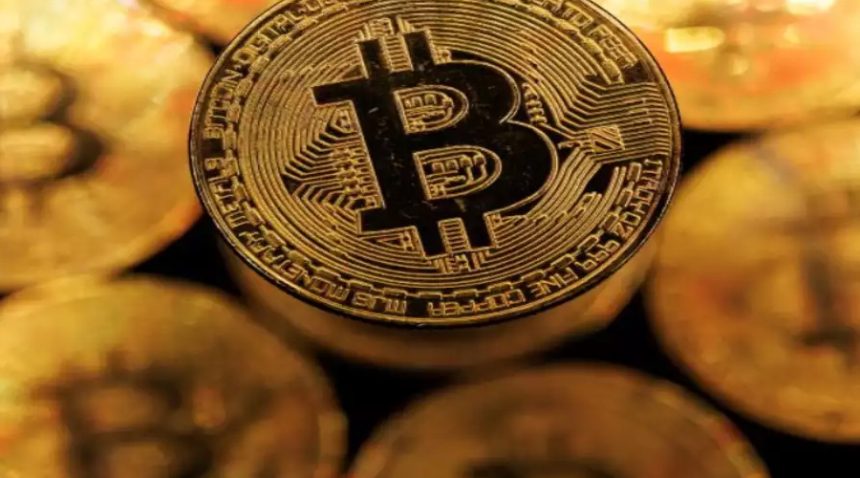India is reviewing its strict cryptocurrency laws amid global shifts, including Trump’s support for digital assets
The government of India shows indications to review its tough stance on cryptocurrency following the shifting international perspective toward digital assets. The positive views of cryptocurrency are changing worldwide especially after US President Donald Trump spoke out in favor of cryptocurrency markets.
The global conversation about cryptocurrency continues to mature so Indian regulatory bodies might soon revise their views about cryptocurrencies leading to altered national cryptocurrency regulations.
U.S. Influence on India’s Cryptocurrency Policy
India has shown renewed interest in cryptocurrency policies following the increase in U.S. discussions about digital currencies under Trump’s leadership. Ahead of assuming the presidency Trump became an active supporter of digital currencies and created his very own meme token. Through his efforts, Trump has elevated digital currency strategic discourse in both financial markets and world economic systems globally. The most influential steps taken by him include his recent work in establishing U.S. regulations and creating a cryptocurrency working group. Indian government officials perform assessments of national cryptocurrency policies following recent international alterations.
The Indian Economic Affairs Secretary Ajay Seth announced that his government will carry out a formal assessment of cryptocurrency regulatory approaches. The Indian government now adopts cryptocurrency regulations according to current global trends and evaluates U.S. regulatory models.
Strict Regulatory Environment and Enforcement
Cryptocurrency faces strict regulations in India because the country enforces complicated and irregular laws regarding digital currencies. The cryptocurrency community in India deals with multiple difficulties because regulators actively monitor them while taxation remains high. In contrast to a complete prohibition on cryptocurrency, the authorities in the country chose to establish regulatory oversight while imposing mandatory compliance standards.
The Financial Intelligence Unit (FIU) released show-cause notices to nine offshore cryptocurrency exchanges including Binance and KuCoin because they failed to meet local requirements in December 2023. Indian digital currency exchanges must follow the established laws because authorities have begun enforcing these regulations. In June 2024 Binance experienced major authorities penalties because it breached PMLA regulations.
Strict regulations complicate the operations of Indian cryptocurrency companies doing business activities in the country. India seems ready for a shift in its cryptocurrency policies based on updates from the government which show their commitment to finding a balance between regulatory concerns and worldwide acceptance of digital currencies.
Changing Global Landscape and Domestic Debate
A policy change regarding cryptocurrency in India occurs as international stakeholders intensify their regulatory demands. Governments across the world have been lifting their restrictions on cryptocurrency existence while also recognizing digital currencies as official asset classes. Different nations show contrasting attitudes regarding digital currency because some nations welcome digital currencies while others maintain caution.
For many years Indian authorities have maintained a continuous internal discussion regarding cryptocurrency regulatory standards. The disadvantages of digital assets continue to cause regulators to hesitate about implementing formal rules and regulations. Granting enormous authority over financial matters Shaktikanta Das publicly explains his opposition to crypto assets by stating their inherent valuelessness and that they only serve for speculations.
A reassessment from the government might create possibilities for developing a better-regulated framework. Changes in worldwide digital economic discussions might compel India to modify its existing policies to enhance global digital market competitiveness.






